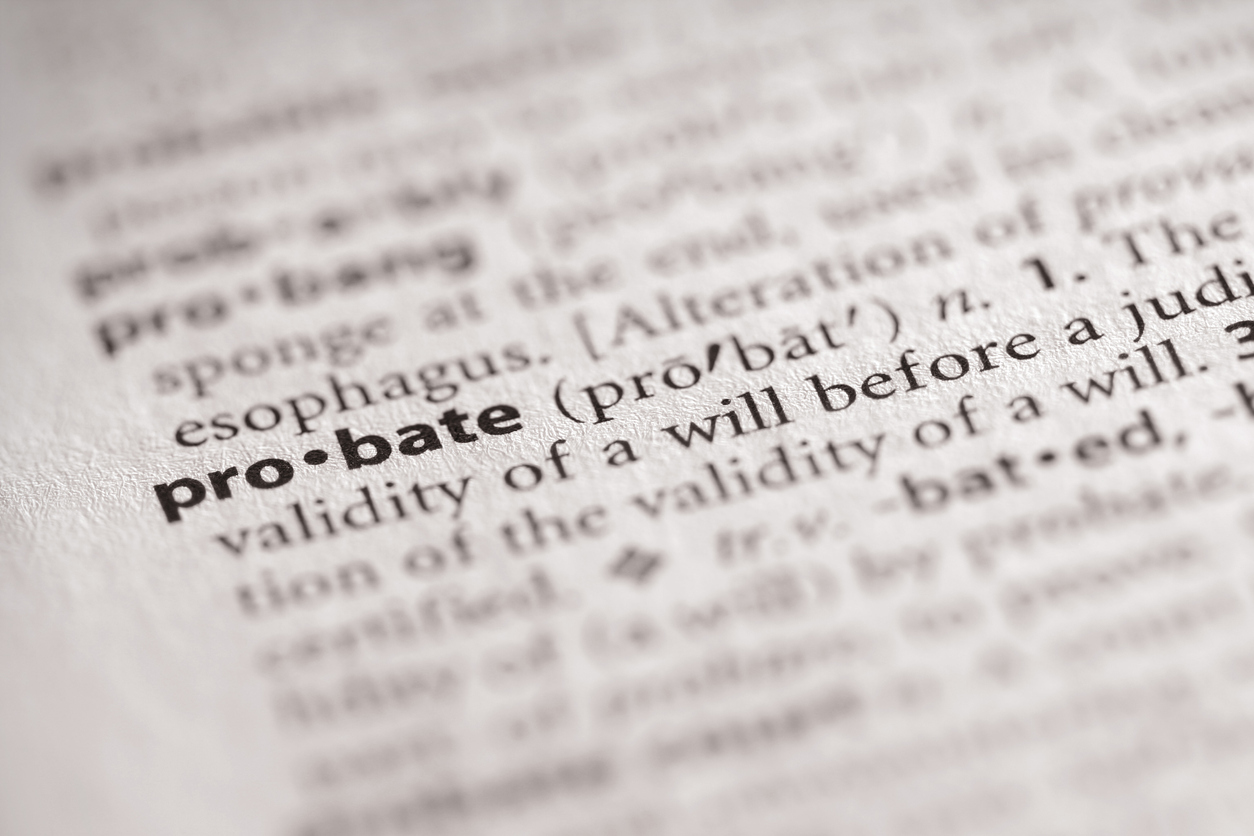Probate can take a long time. Have you heard this? Oftentimes, probate’s reputation for being time-consuming and lengthy proceeds a person realizing what actually goes on during the probate process. There are many things that need to happen during probate. The personal representative is tasked with overseeing and executing almost everything. Here, we will discuss what actually goes on during probate proceedings.
What Goes On During Probate Proceedings?
To start off probate, if there is a will for the decedent, it will need to be presented to the court and verified as legally valid. If there is a legally valid will, it will often name a personal representative of the estate. If there is no will or the personal representative named in the will is unable or unwilling to serve, the probate court will be tasked with selecting a personal representative. More often than not, a family member will be selected for this role. Once selected, letters of administration will be issued to the personal representative giving him or her authorization to conduct business on behalf of the estate.
First thing is first. The personal representative must gather and inventory the assets of the estate. He or she is also responsible for managing these assets during probate proceedings. The personal representative is also tasked with notifying beneficiaries and potential beneficiaries of the estate of the probate proceedings. The personal representative is also required to notify potential creditors of the estate that probate is occurring. Creditors will need to respond within a certain time frame in order to assert any potential claim they might have against the estate. The personal representative must determine which, if any, of the creditor claims are valid. For any claims found to be valid, the personal representative will pay them from estate proceeds.
The personal representative must keep the probate court appraised of what is happening with the estate administration process and must submit a final inventory of the estate before probate can be wrapped up. The final step in the probate process is the distribution of the estate assets. If there is a legally valid will in place, the assets of the estate will pass according to the terms set forth in the will. Without a valid will in place, the decedent will be considered to have died intestate. Thus, the intestacy laws of the state will dictate how estate assets will be distributed.
Estate Planning Attorneys
The multistep process of probate can take a significant amount of time under the best of circumstances. If the estate has a substantial amount of assets, complex assets, or other complications, it can take even longer. You can have your probate avoid probate, at least in part, with proper planning strategies. Talk to the knowledgeable team at CDH law about your options and put a strong, comprehensive estate plan in place as soon as possible. Contact us today.


